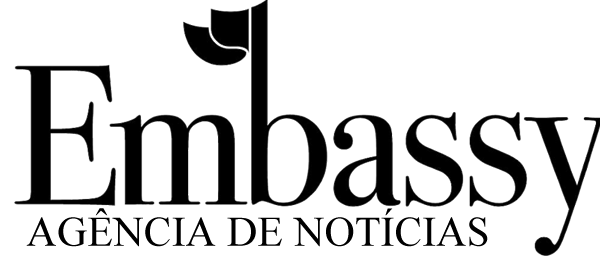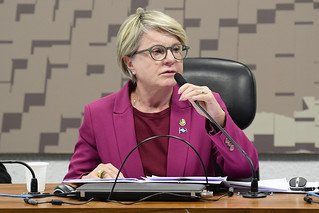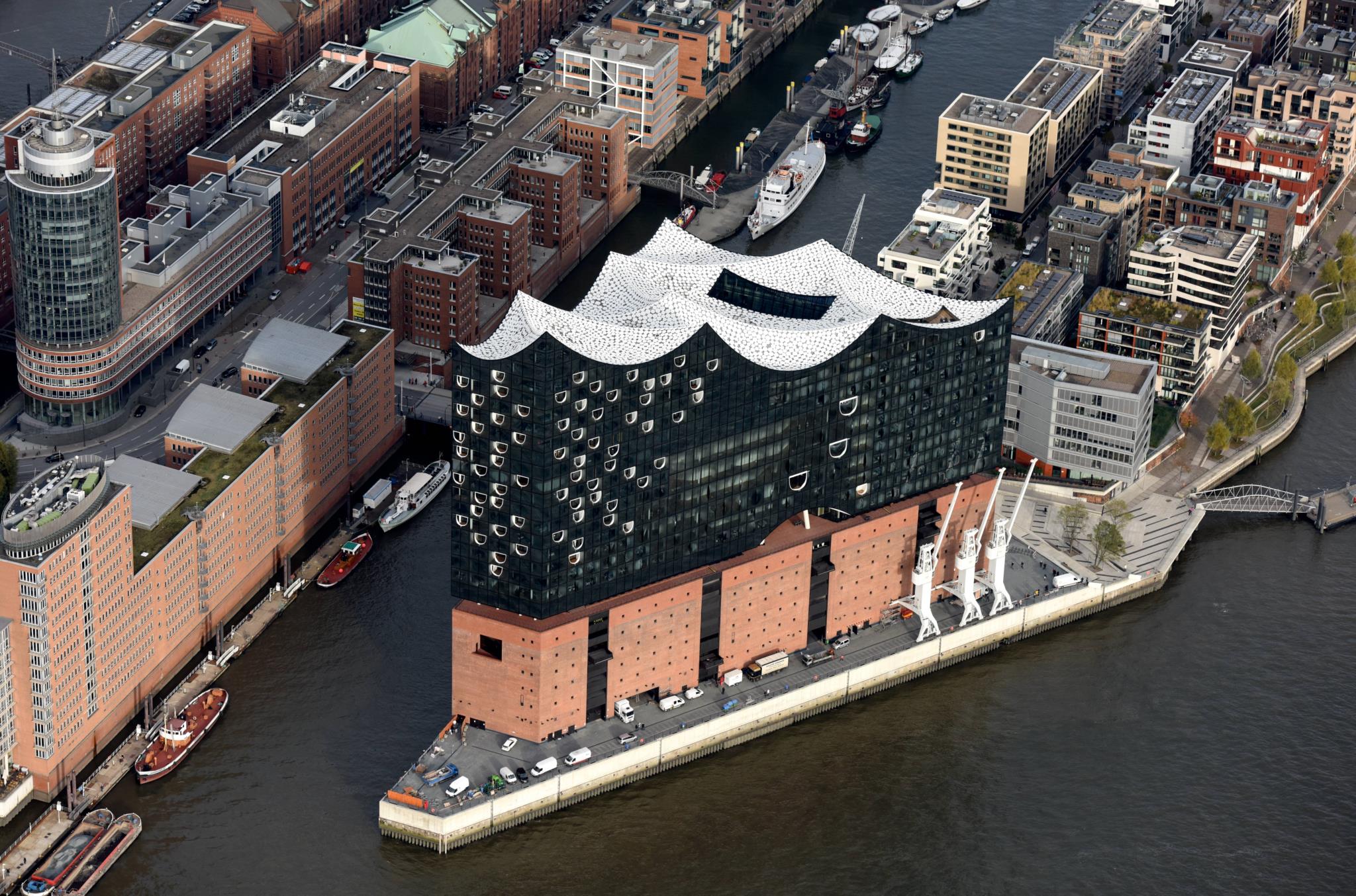The event was today (11/01) in the city of Valleta. Know the priorities of the Maltese Presidency of the Council of the EU
For the first time since its accession in 2004, Malta will assume the rotating presidency of the Council of the EU on 1 January 2017. The Parliamentary Secretary for the EU presidency, Ian Borg, presented Malta’s priorities at a breakfast briefing attended by the Library and Research team and organised by the European Policy Centre.
Borg said that Malta’s ultimate goal would be to bring the EU closer to the people by encouraging dialogue on the role of the EU. He said that Malta would “encourage more vigorous debates amongst EU leaders on issues that are challenging the very existence of the bloc”.
The Maltese agenda for the six-month presidency consists of six priorities:
migration
security
single market
social inclusion
neighbourhood policy and
maritime sector.
Migration will be given absolute priority. Malta will push for “swift implementation” of measures already agreed and will support the establishment of a fully-fledged EU asylum agency “as a means of sharing the burden more fairly”. Moreover, Borg insisted that a reform of the Dublin system “will be key”. The Maltese presidency will also focus on the so-called compacts – agreements with African countries which aim to better manage migration to Europe.
On security, Malta will insist on better management of the EU’s external borders, a new system of travel information and better inter-state cooperation on criminal justice. The Maltese Parliamentary Secretary added that the EU should try to “find the right balance between a strong system of security and the protection of principles deriving from the concept of rule of law”.
The deepening of the single market will be of highest priority for Malta with the presidency pushing for more EU legislation to address the challenges faced by SMEs and consumers and the end of roaming charges on mobile phones. Developing a digital internal market and an internal market for energy would benefit the economy, businesses, and families, according to Borg.
A fifth priority will be to extend the EU’s social dimension with efforts towards gender equality and non-discrimination of minorities. Fostering a progressive approach to social inclusion in the labour market will be of great importance for Malta at the helm of the EU.
The neighbourhood policy will focus mainly on the countries to the south of the EU, and more specifically on the efforts to stabilise Libya and the further democratisation of Tunisia. Borg also said that the EU should try to cooperate with Russia on regional and global challenges, as well as with Turkey in order to control migration and “stay firm on values” nevertheless.
Given that “Europe is becoming increasingly more dependent on the sea” Malta’s presidency will give great importance to so-called Blue Growth, economic growth in the maritime sector driven by innovative research and commercial activities developed into opportunities for work.
Asked about the split between EU countries on the topic of solidarity, Borg said that he did not understand the meaning of “flexible solidarity” and that member states need to show a more humanitarian attitude to the thousands who are fleeing wars and persecution, and share the burden. On the subject of the US elections, Borg maintained that EU-US relations do not depend on who is in the White House, but that we need to keep up the good work in order to ensure that the relations are beneficial for both sides. Given that Britain is expected to formally begin its exit procedure during the Maltese presidency, Borg said that the four freedoms could not be separated from each other and insisted that the EU should adopt a pragmatic approach in the Brexit negotiations so as to guarantee a “fair, clean and swift solution”.







